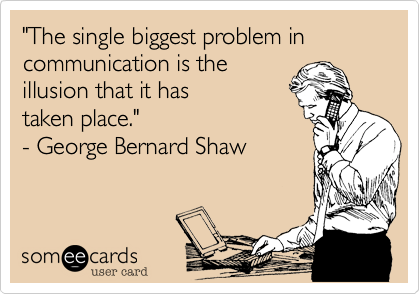Imagine yourself not trusting your parents from the moment you were a newborn. Doubting everything you hear or see, spending a huge time to verify if they are trying to screw you, gossiping about them with your siblings. How slow would you have learned and grown?
Well, that’s what is happening around us. The lack of trust causes loss of time, hypocrisy, and indifference.
Loss of time explained with the tragedy of the commons

The tragedy of the commons is a concept that explains why people acting in their own self-interest are disturbing a system that could otherwise work in everyone’s advantage.
Let’s use a hypothetical experience derived from the book of Dan Ariely “Predictably irrational”.
Image I give you and three other friends (Harry, Ron, Luna) 10€. I give you, however, the options to earn more. You can all secretly choose how much of this money you put in a common fund, and I will double that amount and divide it equally amongst the four of you. You decide to put the 10€ in the fund, thinking that if everyone does the same (40€), you will get 20€ (80€/4). You get however 15€ and not 20€. Indeed, Ron did not trust the group and did not put any money in the fund. The result was 30€ in the fund (x2 / 4 participants = 15€)
What will happen the next time you put money in such a fund? You will reduce the bet. And if someone is still putting less money than you, you will reduce your bet again, and again, and again. Until no one puts any money anymore, and you are left with your 10€, instead of 20€ if everyone trusted each other.
This simple example shows how mistrust does not help anyone. Mistrust in a company makes people spending more time controlling others and checking if what they say is true, rather than focussing on the mission of the company.
A lack of open and transparent communication causes hypocrisy

Trust is difficult to obtain in every relationship (professional or personal). A lot of companies consider trust as being a core value, however, to trust, you need much more than just this word on a paper.
You need to work on it, and one of the aspects you need to work on is the creation of an open and transparent communication atmosphere where people can be their own.
It doesn’t start with THEM, it starts with YOU. If you are open and transparent to others, speak out your mind in a constructive way, do not blame people for making mistakes, they will tend to do the same.
Note, however, that you can only establish this culture if you can yourself accept constructive criticism.
Take the example that you defend this value but that when your colleague Cho explains you what you did wrong you act very defensively, you will lose her trust, as you are not consistent. Furthermore, she, and other colleagues, will stop being honest with you and will start gossiping. And gossips are like a cancer in your company. They will act like nothing is wrong, but nothing could be less true.
Being indifferent to others will not help improving the trust issue
Often forgotten, however important, being empathetic increases the trust of people. Empathy is the ability to share someone else’s feelings. One of the best ways to do that, is trying to put on their shoes. This is, however, only possible if you ask enough questions to fully understand what they are going through (ask open-ended questions: https://www.wikihow.com/Ask-Open-Ended-Questions).
It helps you understand their choices and shows them that you care for them. It does not only improve the relationship and communication between you both, it also improves the mutual trust. Indeed, you will not be suspicious anymore about this person as you tried to understand her on his point of view.
To trust is not being naive
I don’t pretend that you should trust everyone. What I pretend, however, is that the relationships you have (professional or personal) should be based on people you trust.
In the case of your parents for example, of course, unconditional love is the reason of your trust, however, is this love really needed to trust? If you have the feeling that you cannot trust someone, even after being open and empathetic, then don’t lose time and remove this person from your circle of contacts. Focus on people that are worth it.

As a conclusion, I am not saying that I have the cure to mistrust, as this is a very complex issue that cannot be solved in one day. I’m just stating that being open, transparent and empathetic with your team would help to trust each other more. This trust could lead to a higher productivity. Meanwhile, remember that everything starts with you. Indeed, if you don’t trust others, how can you expect they trust you? So start by asking yourself this question: “what if I trusted more?”